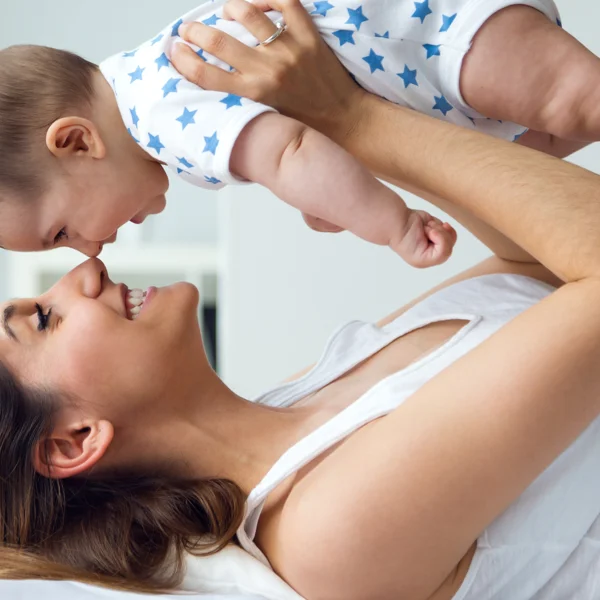Breast cancer is the most common form of cancer to affect women with around 1.7 million cases diagnosed globally every year. It occurs more frequently in high income countries where a successful cure is more likely to be achieved, largely through earlier presentation and access to effective treatments. Women from low and middle income countries (LMICs) are more likely to be diagnosed at a younger age than their Western counterparts. Their cancers are more likely to be advanced at diagnosis, making cure less likely. In the UK, 85% of women diagnosed with breast cancer survive for 5 years or more compared to 40% of women diagnosed in Sub Saharan Africa. As breast cancer incidence continues to rise in LMICs it will impact many more women who are pregnant, have recently given birth or have young families.
Breast cancer can have a devastating social and economic impact on women and their families wherever they are in the world. A breast cancer diagnosis can have particularly harsh consequences in an LMIC setting. Treatment itself can be prohibitively expensive. The costs of illness may include the need to travel for long distances and pay for accommodation near a medical facility as well as loss of earnings. Families may need to sell livestock, land or other possessions to cover costs which may reduce their capacity to earn a living and tip them into a cycle of poverty. Mothers may be separated from their older children during treatment and may have to relinquish a care giving role within the wider family. Myths about breast cancer are common and can result in women becoming marginalised by their communities or experiencing the breakdown of a marriage. As a result, the children of women with breast cancer are more likely to be disadvantaged in terms of their financial, emotional and social wellbeing. According to Nature, in 2020 258,000 children became maternal orphans as a result of breast cancer.
In 2021 the World Health Organisation launched its Global Breast Cancer Initiative with the aim of reducing mortality from breast cancer by 2.5% per year. By 2041 this would result in 2.5 million lives saved. The GBCI uses 3 pillars in its strategy: health promotion and early detection, timely diagnosis and comprehensive breast cancer management.
Education focused on health workers and communities can help women to recognise the symptoms and signs of breast cancer and promote early detection. It is important for women to understand the changes in their breasts which are a normal part of adolescence, pregnancy, lactation and aging so that they can recognise what might be abnormal. Breast feeding should be encouraged as it reduces the risk of breast cancer in a mother in addition to its importance for child health. It is vital that when women are educated about breast feeding, they are similarly educated about the signs and symptoms of breast cancer. They also need to know that it is a treatable disease and how to get help if they are concerned about their breast.
Surgery and chemotherapy are safe after the first trimester of pregnancy. Actively treating breast cancer to protect the health of the mother is the best way to protect the newborn and infant. Waiting until the pregnancy is complete risks the child losing its mother. Women who are pregnant generally do everything they can to protect their child but the fear of breast cancer is such that the signs may be ignored until it is too late.
The Association of Breast Surgery has partnered with Cancer Diseases Hospital in Lusaka and the Ugandan Cancer Institute in Kampala to produce a package of training for health workers and community volunteers which will help to educate women and men in the signs and symptoms of breast cancer while increasing diagnostic capacity to facilitate early detection. The program aims to dispel the myths and misunderstandings around breast cancer and encourage women to seek help. We can help expectant mothers to be aware of how important their own health is, in order to make sure they are able to care for their child or children and see them grow up. Our aim is to see more breast cancers presenting at an early stage when treatment is more likely to be straight forward and successful.
Click here to earn more about the Association of Breast Surgery.
Written by: Sarah Downey (President of the Association of Breast Surgeons Chair International Committee ABS), Ruth James (Consultant Breast Surgeon) and Ashu Gandhi (Professor of Breast Surgery).


